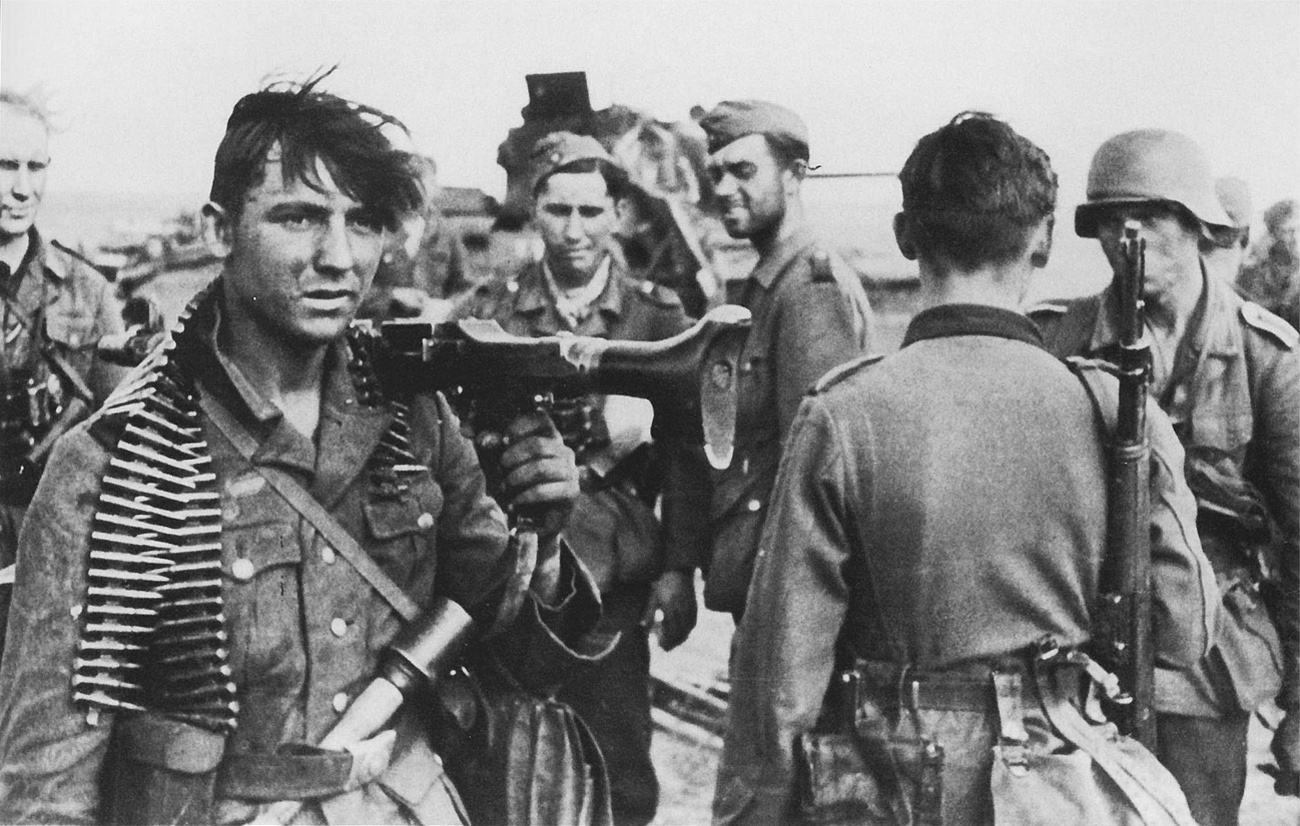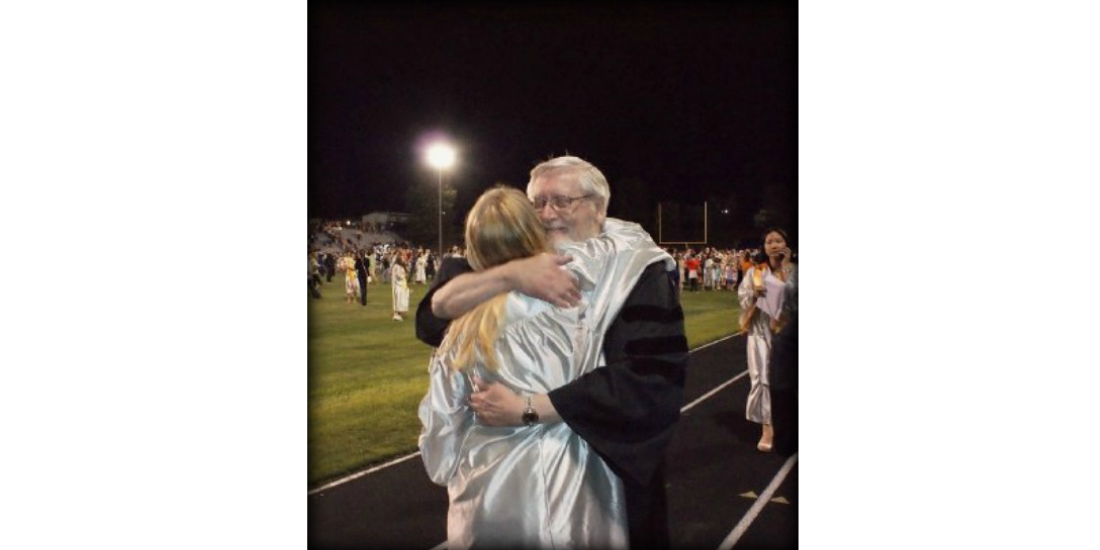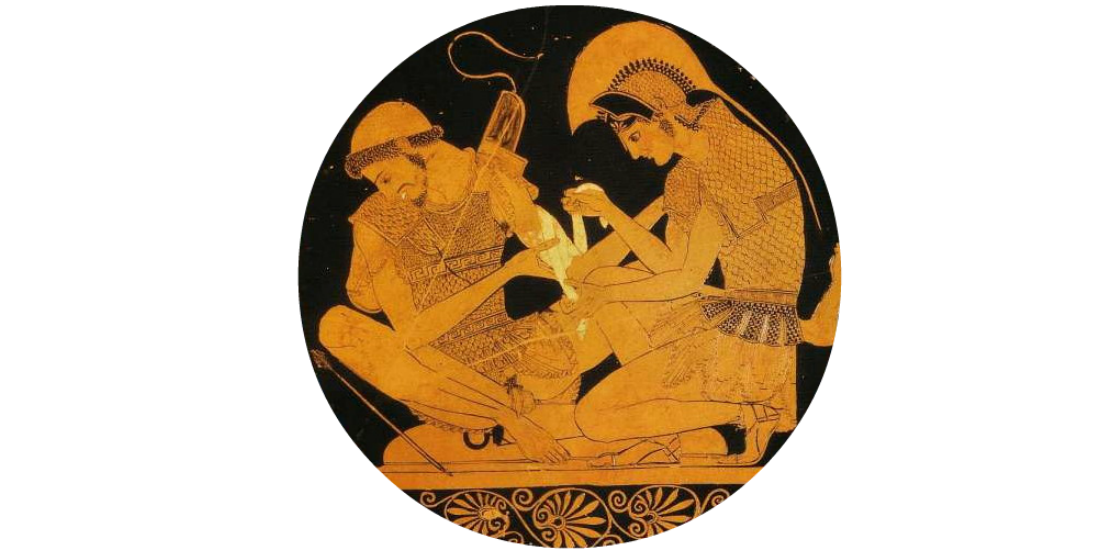Eisenhower and History
Dwight D. Eisenhower, At Ease: Stories I Tell My Friends, 1967
My first reading love was ancient history. At an early age, I developed an interest in the human record and I became particularly fond of Greek and Roman accounts. These subjects were so engrossing that I frequently was guilty of neglecting all others. My mother’s annoyance at this indifference to the mundane life of chores and assigned homework grew until, despite her reverence for books, she took my volumes of history away and locked them in a closet.
This had the desired effect for a while. I suppose I gave a little more attention to arithmetic, spelling, and geography. But one day I found the key to that closet. Whenever Mother went to town to shop or was out working in her flower garden I would sneak out the books.







